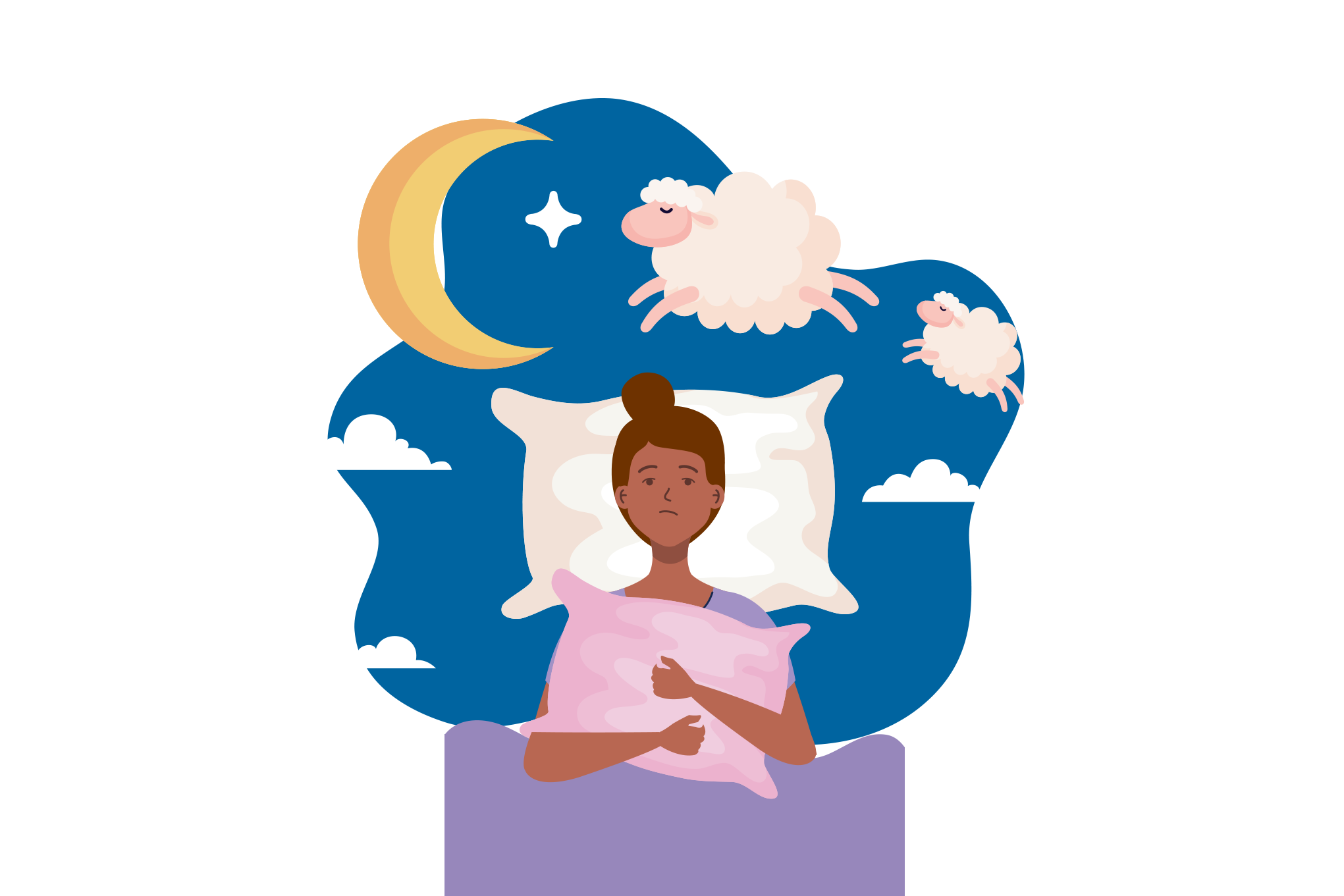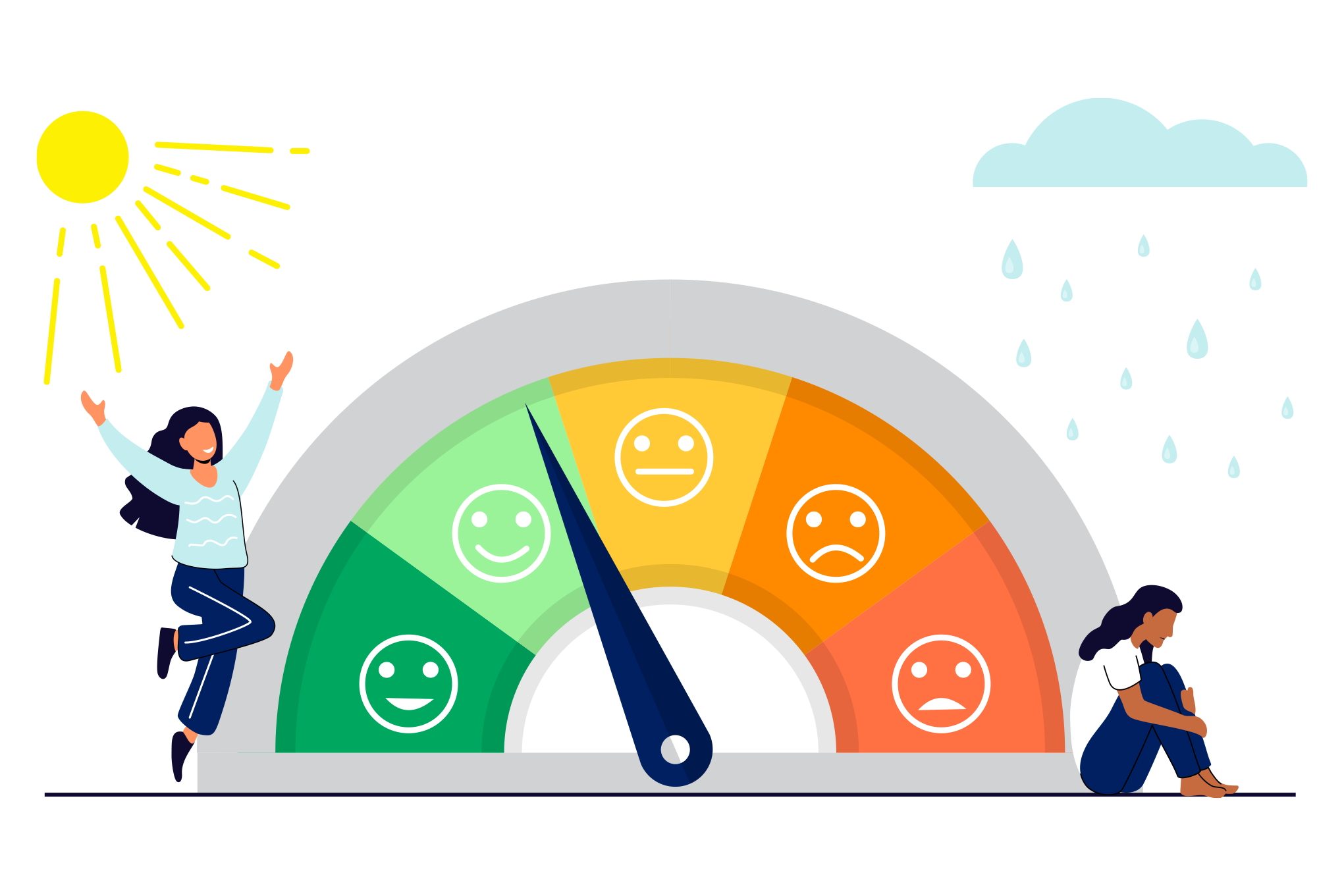Welcome to our self-assessment section. Here, we provide you with tools that can help you understand and reflect on your own mental health status. These instruments are commonly used by professionals to understand individuals’ mental health and identify signs of psychological distress.
You can use these tools to help gauge your mental well-being and highlight any areas of concern. Please note, however, that these self-assessments are not intended to provide a clinical diagnosis. They are meant to serve as a starting point for understanding and discussing your mental health.
Disclaimer
The self-assessment tools provided on this website are not intended to replace professional medical advice, diagnosis, or treatment. If you have any questions about a medical condition or mental health symptom, please consult a healthcare professional.

Perceived Stress Scale
The Perceived Stress Scale (PSS) is a widely recognized tool designed to measure individual stress levels. Developed in 1983, this classic assessment instrument continues to be popular due to its insightful reflection of how various situations impact our emotions and our perceived stress.
The link of assessment

Generalized Anxiety Disorder (GAD-7)
The GAD-7 is a concise self-report tool widely used in both clinical and community settings to assess the severity of anxiety. It is effective in screening for various forms of anxiety, including panic disorder, social anxiety, post-traumatic stress disorder, and generalized anxiety disorder (GAD).
The link of assessment

Insomnia Severity Index (ISI)
The Insomnia Severity Index (ISI), is a concise self-report tool designed to assess insomnia. It not only helps identify potential cases of insomnia, but also evaluates the severity of various sleep difficulties, such as problems with initiating sleep, maintaining sleep, and waking up in the mornings. Additionally, it measures the impact of sleep problems on day-to-day functioning.
The link of assessment

Patient Health Questionnaire (PHQ-9)
The PHQ-9 is a brief, widely-used self-report tool in both clinical and community settings. It's designed to screen for the severity of depressive symptoms, following the criteria outlined in the Diagnostic and Statistical Manual of Mental Disorders, Fourth Edition (DSM-IV).
The link of assessment

Depression, Anxiety and Stress Scale (DASS-21)
The DASS-21 is a concise self-report tool utilized in both clinical and community settings to assess levels of depression, anxiety, and stress. It is suitable for use with adolescents and adults. Rather than relying on a specific cutoff score, the DASS-21 categorizes scores into three severity ranges —normal, moderate, and severe — to assess the degree of disturbance and identify individuals potentially at risk of further problems.